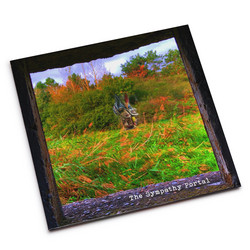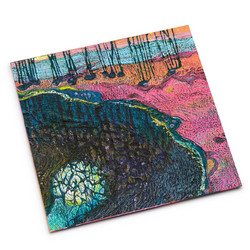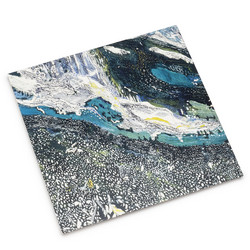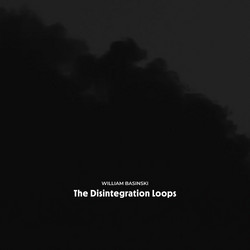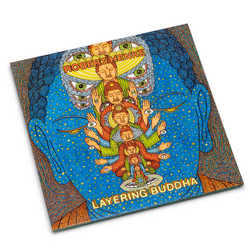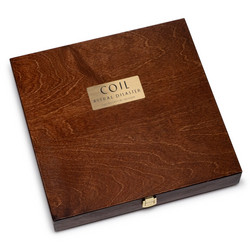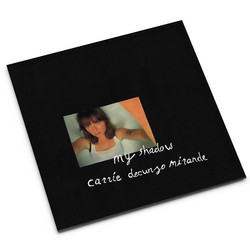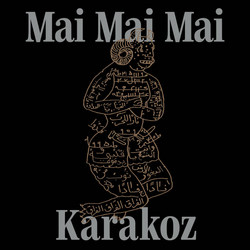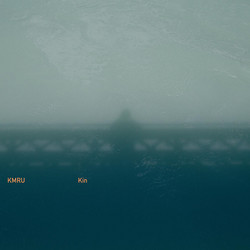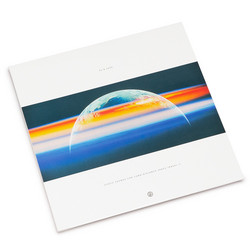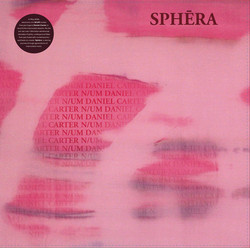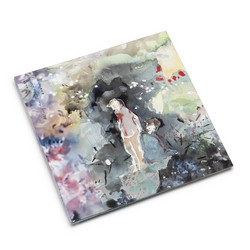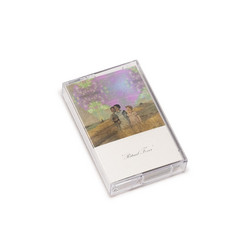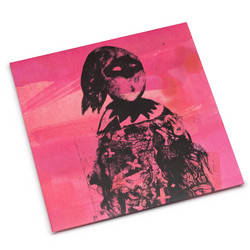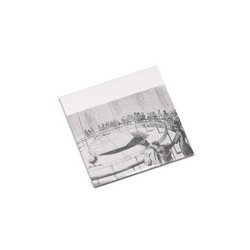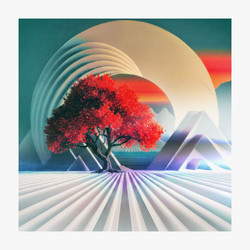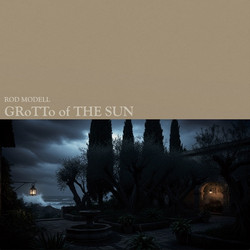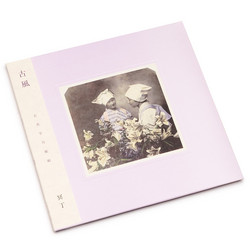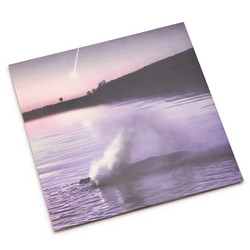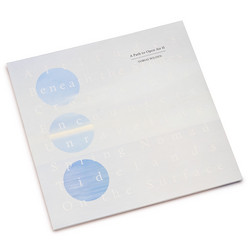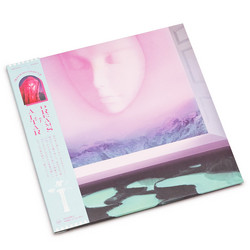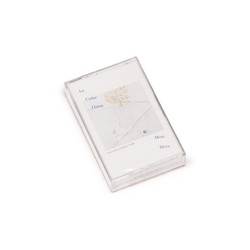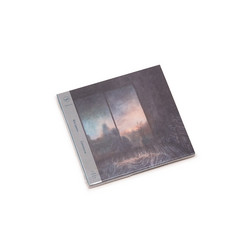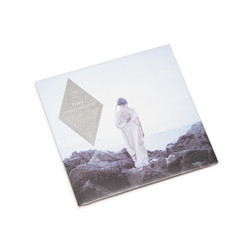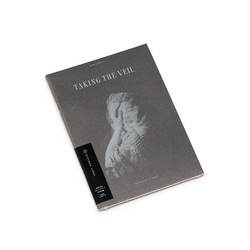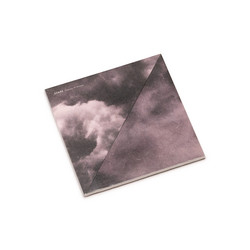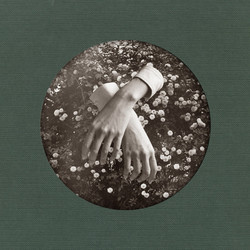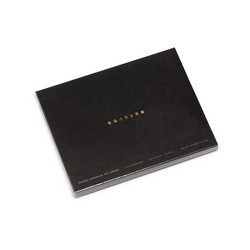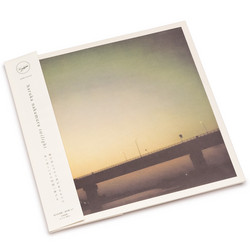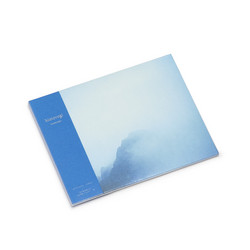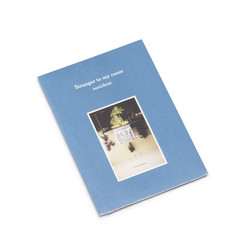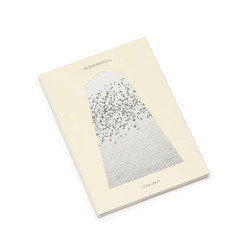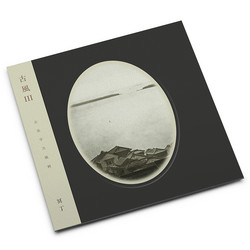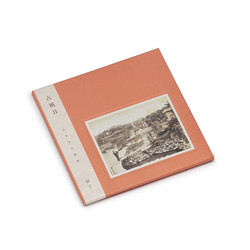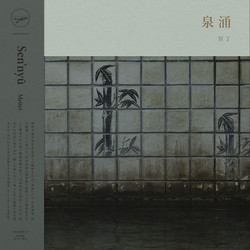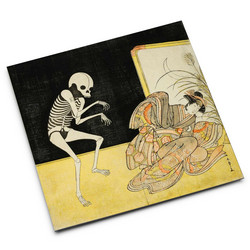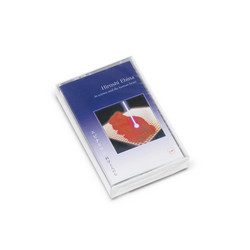Kitchen. Label is proud to present Jewels, the debut album from Tokyo-based composer Ryuuta Takaki, emerging from a new chapter in the city’s alternative wave. His music opens realms of mysticism, memory, and imagination, unfolding like radiant mosaics that echo symbolic traditions, Eastern esotericism, and a neo-Orientalist dreamworld. Takaki shapes music that moves between sacred stillness and ornate intensity. Though his creative path once passed through experimental hip hop and electronica, he has since dissolved into a borderless language that feels timeless and unbound. Jewels stands as ambient music presented not just as sound, but as an object of weight, mystery, and sensuality.
Jewels draws its initial spark from the perfumed visions of Symbolist painter Gustave Moreau and the Kegon (Huayan) cosmology, which sees the universe as a vast net of interrelations where radiant jewels shimmer at every intersection. Takaki translates this philosophy into music, building a work that reveals how the smallest resonance can reflect the entire whole.
It begins with “Chrysalis”, a fragile awakening where tones drift like wings opening in first light, before spiraling into the kaleidoscopic “Funnel and Infinite Reflections.” “Kegon” follows as a conceptual anchor, a meditation on fractal harmony where tones layer into infinite patterns that echo the Buddhist vision of interconnectedness. The title track, “Jewels,” shimmers with solemn clarity, glinting and fading like starlight across water. Later, in “Sunken Cathedral,” Takaki submerges the listener into an aquatic reverie where sacred and profane dissolve into one. “Gilded Veins” pulses with lustrous textures, like living currents coursing through stone, before the closing “Celestial Tuning” offers a shimmering epilogue, as if suspended over valleys of drifting clouds, opening onto a horizon of distant citadels.
Beyond its unfolding narrative arc, musically, Takaki’s work at moments suggests the dreamlike, kaleidoscopic qualities of Susumu Yokota meeting a Narada-esque new age landscape. Conceptually, his exploration resonates with Jon Hassell’s “Fourth World” vision, dissolving cultural boundaries of East and West into a single continuum, though always expressed through his own intimate and ornamental language. Jewels reveals itself as a cosmology in miniature: a living network of harmonies, reflection, and becoming. In Takaki’s vision, every sound becomes a jewel — radiant, infinite, and alive — turning the album into a mandala of sound where resonance and reflection unfold without end.
